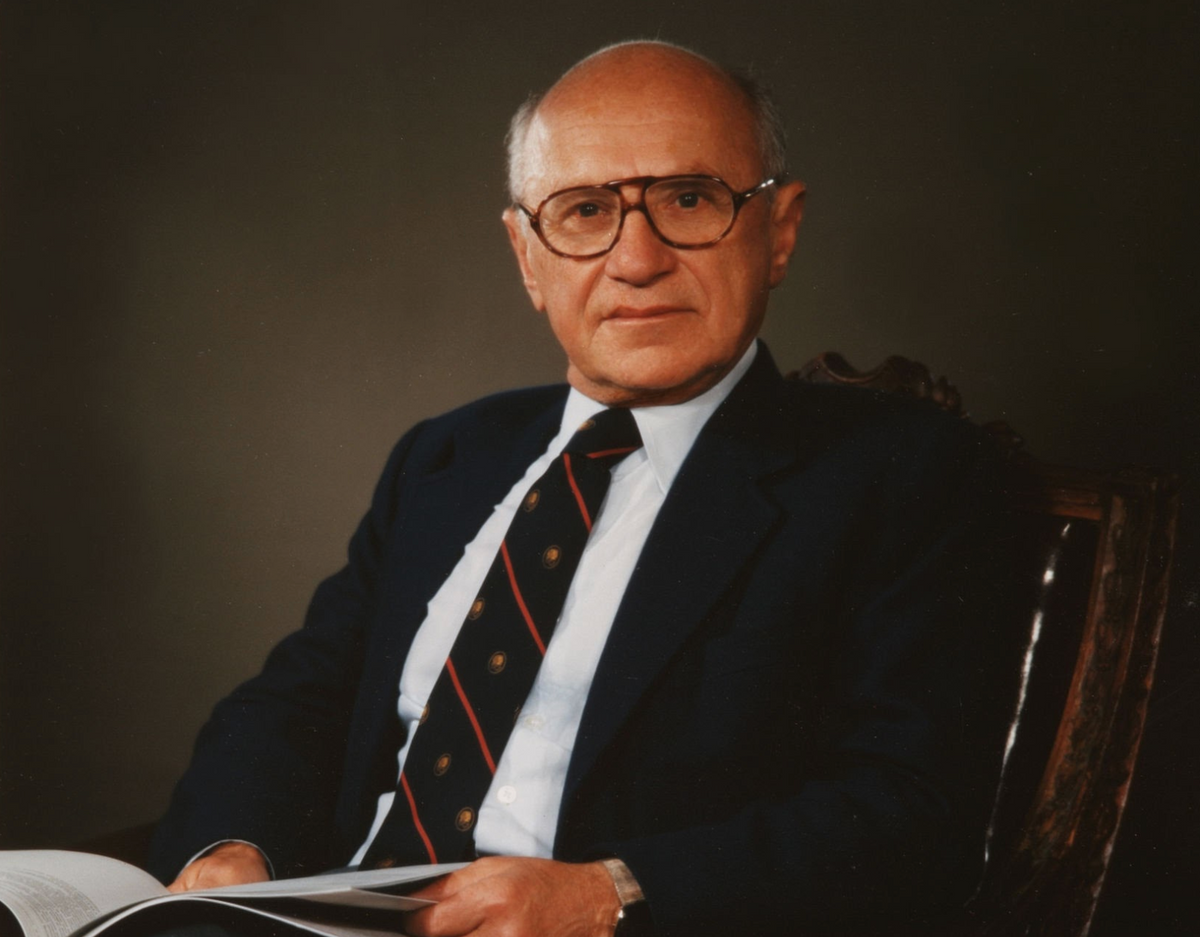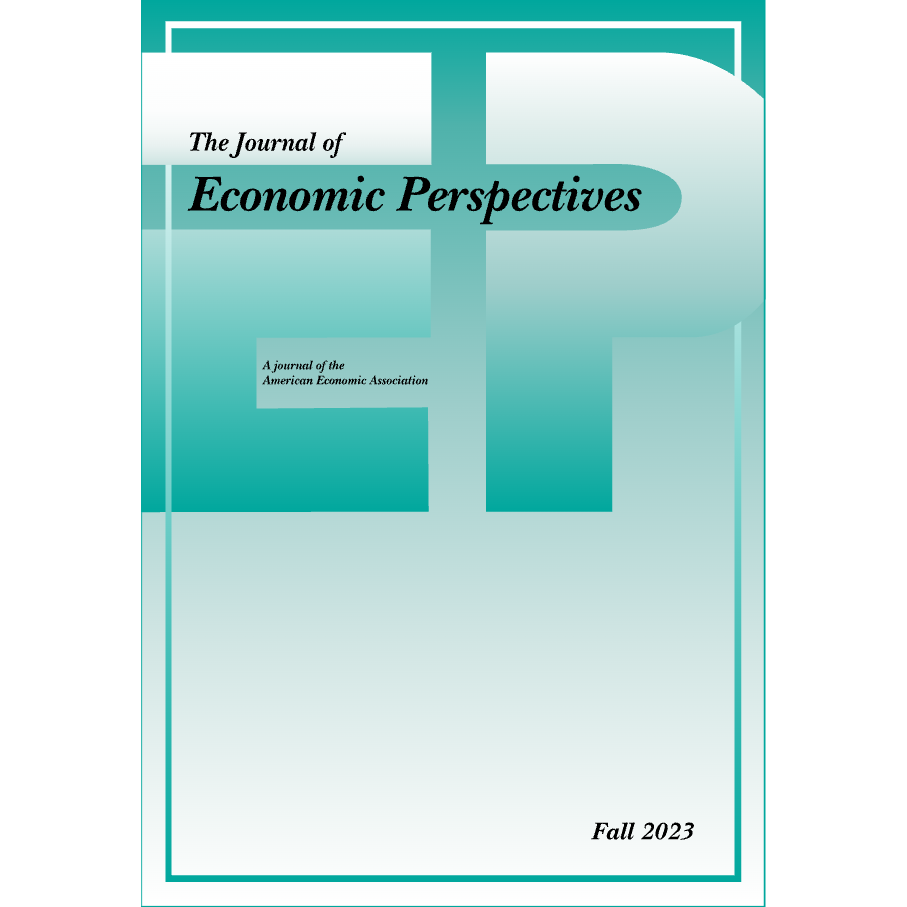Milton Friedman's Argument Against The Gold Standard: Bimetallism Revisited
Milton Friedman's research on US monetary history during the 19th century challenges the conventional view of bimetallism versus gold monometallism, arguing that the superiority of monometallism is dubious. This paper explores the implications of Friedman's findings and challenges the status quo.

Abstract
Until recently, I shared what I take to be the conventional view of monetary economists about the relative merits of bimetallism and gold monometallism: namely, that bimetallism is an unstable and unsatisfactory monetary standard involving frequent shifts between alternative monometallic standards; that monometallism is preferable, and that gold monometallism is preferable to silver monometallism. In the course of doing research on U.S. monetary history during the nineteenth century, I discovered, much to my surprise, that the conventional view is dubious, if not outright wrong, with respect to both the superiority of monometallism over bimetallism and the superiority of gold monometallism over silver monometallism.
Read The Full Article Here

